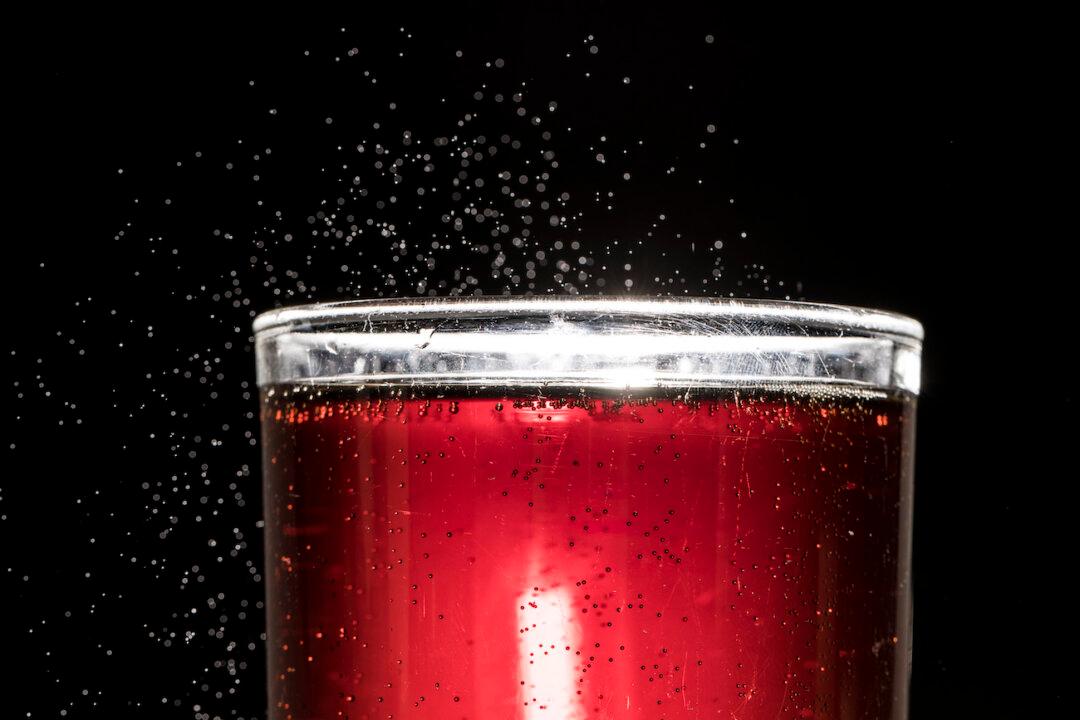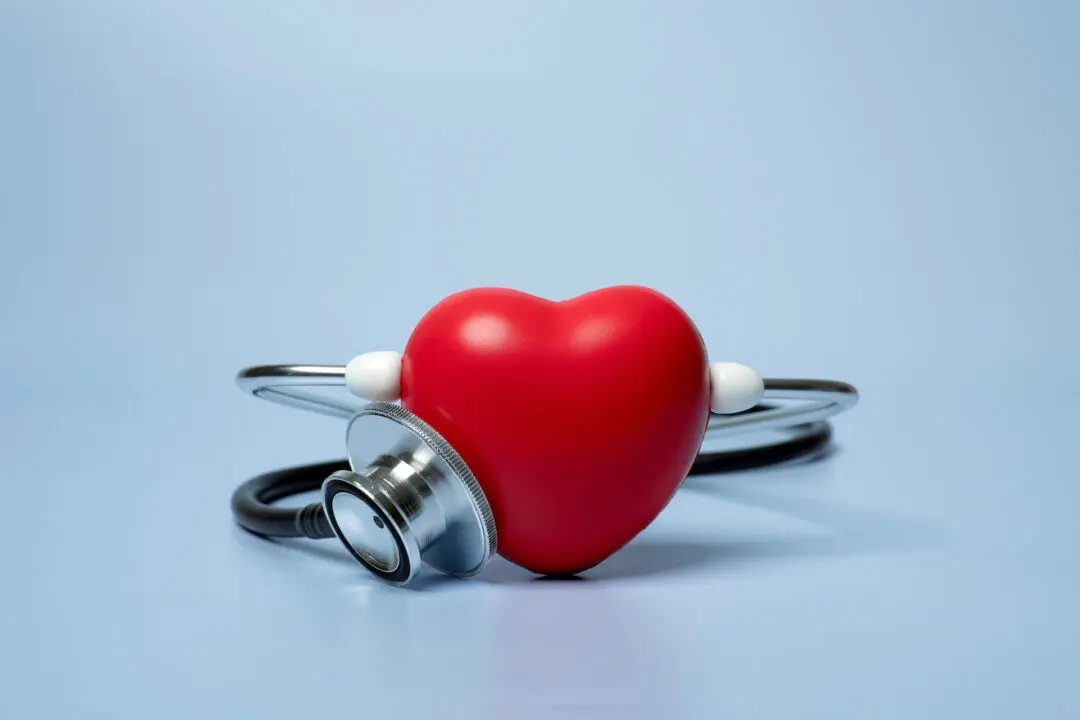A recent study in the Nature Medicine journal has found evidence supporting a link between the consumption of sugar-sweetened beverages (SSBs) and type 2 diabetes and cardiovascular disease (CVD).
SSBs include commercial or homemade beverages, soft drinks, energy drinks, fruit drinks, punch, and lemonade.




